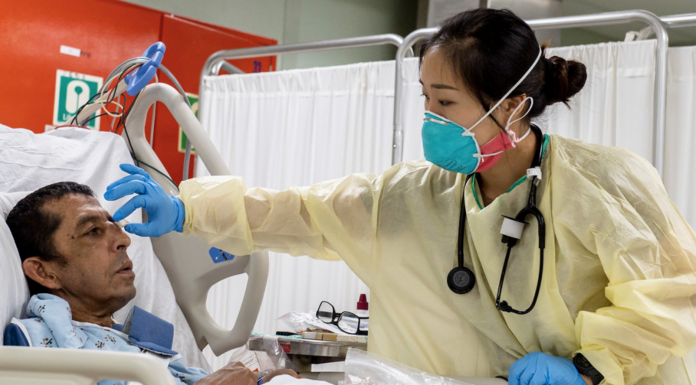Axios – Hospitalized patients who died or were transferred to the ICU during their stay experienced a diagnostic error nearly a quarter of the time — and in most cases the error caused harm, according to a new study that’s prompting calls to rethink how health systems keep patients safe.
Why it matters: Hospitals can be risky places for patients, and the new study sheds light on how commonly human error in medicine harms and even kills patients.
It comes nearly 25 years after the landmark report “To Err Is Human” found that errors kill tens of thousands of patients annually — largely due to failures of systems rather than those of providers — and sparked a revolution in how health care sought to reduce potentially dangerous mistakes.
“Delayed diagnoses and misdiagnoses are more common than we would like to think, which is incredibly humbling,” said Andrew Auerbach, lead author of the JAMA Internal Medicine study and professor at the UCSF School of Medicine.
The research was patterned on other studies of adverse events in hospitals dating back to the early 1990s, which helped lay the groundwork for how health care monitors and addresses other patient safety concerns, such as harmful drug effects.
Details: Researchers examined a random sample of nearly 2,500 patient records from 29 academic medical centers for adults hospitalized with general medical conditions and who were transferred to an ICU or died.
- 550 of those patients, or approximately 23%, experienced a diagnostic error.
- 18%, or 436 patients, experienced temporary or permanent harm as a result.
- Of the 1,863 patients who died, a diagnostic error was deemed a contributing factor about 7% of the time.
Between the lines: Further study is needed to understand whether certain patients or certain conditions may be prone to missed or incorrect diagnoses.
It may be that physicians with higher workloads or certain types of patients are more likely to make an error, Auerbach told Axios …



